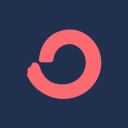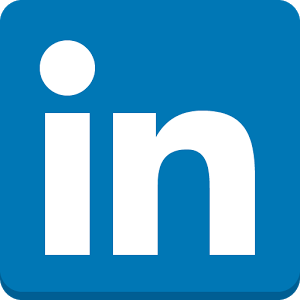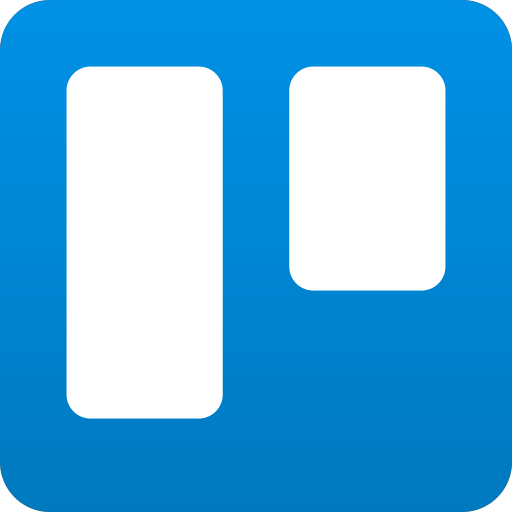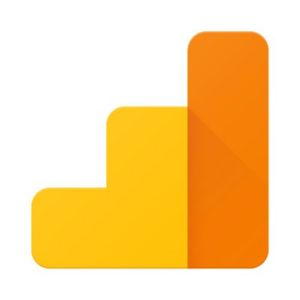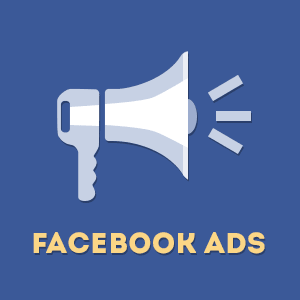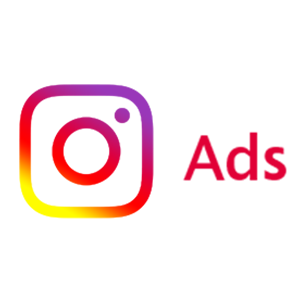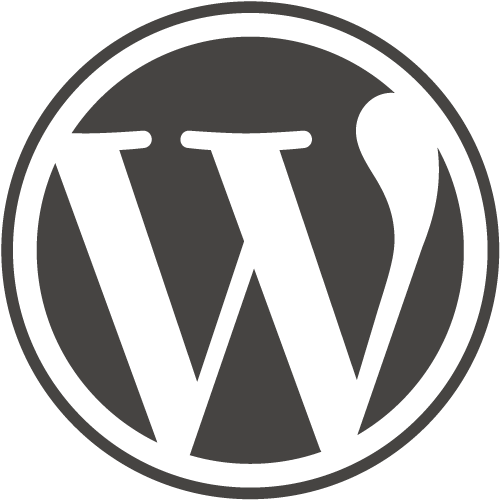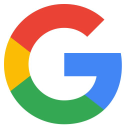On Building A €150K/Year Speaker Coaching Business
I am Elizabeth Van Den Bergh and I run a speaker coaching business from Belgium together with my husband. I've always worked in communications and PR and decided to start my own company in 2013 at the moment that my daughter and first child was born. (We had a son in 2016.) When my husband joined in 2018 our business really started to accelerate.
We offer, from high-end to low-end, the following services: private speaker coaching in which I work one-on-one with successful entrepreneurs and managers; a group coaching program just for women, which includes two live coaching days and intermediate online coaching; and finally we offer an online public speaking program again just for women, where participants find all training material online and have access to me regularly to ask their questions in an online Q&A.
We expect to generate €150,000 in revenue in 2020, which is a +50% growth from 2019 – we’re thankful to be in that position especially in times of coronavirus. We have high expectations for 2021 in which we will focus on selling our group program and an online program in a scalable way.

What's your backstory and how did you get into entrepreneurship?
I studied political science originally with the idea of later obtaining a high-level function at Nato or another international organization. I just enjoyed myself and went to study in Bologna, I've also lived in Rome for two years and speak Italian pretty fluently.
It's going to be messy at times but at the same time, it’s the greatest thing and a process that most people never enjoy.
Then I moved to Brussels where I rolled into the workforce and had several interesting jobs in PR and communications including two where I was a vice president and leader of a team. Brussels is a very international place and I made many interesting friends and had a busy social life.
I did however get frustrated by office politics and finally, after a nasty episode in which I was personally attacked during a job evaluation, I decided I wanted to start on my own. I had a financial buffer but didn’t reserve a working capital or something – I figured that as a consultant, it would be easy to generate revenue just by investing in a laptop.
Take us through your entrepreneurial journey. How did you go from day 1 to today?
For 3 to 4 years I balanced early motherhood with taking the first steps as an entrepreneur, or should I say freelancer in those days. I offered many services including moderation of panels, leadership training, personal coaching, and PR. I worked mainly for communication agencies and did a lot of projects that were related to the European Commission and Parliament. I was basically a gun for hire and took nearly every job that came my way.
After a few years, I realize that to grow as an entrepreneur and to be truly satisfied in my job, I would have to specialize. I tried different specializations before settling on public speaking, after a particularly interesting job: through my network, I got the chance to coach the CEO of the largest food-producing company based in Switzerland, and it was speaker coaching. The coaching was such a success that I decided on the spot, this should be my specialization. What further fuelled my decision to specialize and don’t look back was the unfortunate death of my dear niece and godmother of our daughter, who suddenly collapsed, while pregnant with her second child, at 32 years old. It was such a heartbreaking event but I decided that I was going to ‘use’ it constructively, somehow. What I took out of it is that life is fragile and precious and that I should never hesitate to chase my dreams.
Shortly after the coaching with the CEO, my husband decided to join my company. He had been working as a freelance copywriter and marketing coach but was looking for something else. Since our skills are so complementary, it made complete sense to join forces. He took over various administrative tasks and started taking care of our web presence, including building an online marketing system that generates leads.
Right now we are transitioning from working with clients directly and in group training, to selling online products, which we strongly believe will mean a sea change in how our business works.
How are you doing today and what does the future look like?
We are a profitable company, which in itself is something we are proud of. The two of us are working for the company full time, and we have our 2 children to support. Which costs money but more importantly our time and energy, especially since we didn’t have a nanny until recently, and only part-time.
In 2019, our turnover was about 100,000 euros. Taking our cost of living out of the company cost us about 65,000 euros, and we had about 35,000 euros worth of expenses, meaning we were break-even.
Regarding the numbers in our business such as customer acquisition costs, these are hard to determine right now. The lion’s share of our customers has gone through word-of-mouth or organic search. Elizabeth has worked hard on making a name for herself and by creating a personal brand. We have been focusing on generating leads systematically through an online marketing system in the past year. To give you a few numbers regarding our new online program, OutLoud (which at this point makes up a small piece of the business):
We built an interest list (email list) of just less than 200 people. We offered them to take seats in a webinar, which about half of them attended. In the webinar, we closed about 18% to buy the program at 500 €. Finally, we generated 24 sales from an interest list of less than 200 - a conversion rate we’d be happy to continue with :) Of course, we have to take into account that some of these people came out of our own network and knew and trusted us even before they entered the marketing funnel. The conversion of our landing pages is generally very good at 50-60% – I’m lucky to have an experienced copywriter as my husband.
We’re optimistic when it comes to attracting cold traffic though. A 515 € ad spend on Facebook has yielded us 2 online program sales and even a 1 5,000 private coaching deal – a huge return on investment. In another Facebook ad campaign, we spent 600 € but immediately made that money back by offering new leads a low-priced online course. So while we’re still in an early phase when it comes to online advertising, we’re super excited to combine these two approaches to create massive sales of the next edition of our online course.
Our goals for 2021 are ambitious: to generate 200,000+ euros revenue with the online program and 50,000 with the group program. Acquiring private coaching clients is not something we have to put marketing efforts into so we’ll focus on growing those.
Through starting the business, have you learned anything particularly helpful or advantageous?
The first advice I would give is, and it's a huge cliché I'm sorry, to follow your heart. I have experienced that a business can only be successful if it’s something that you thoroughly like to do. Of course, you have to be very good at what you do or become very good at it, and there has to be a viable market for what you're offering, but then if you can add that passion to the mix that will work as a client magnet. I've offered services that weren't a passion of mine and I could just see myself holding back in marketing and selling them.
This ties into my second piece of advice which is, to stay in the game. If you run business with passion you will have the stamina to try different approaches to products, service, marketing, and with that long-term attitude and if you keep your eyes open, you’re always learning and success will be inevitable. Of course, some people get filthy rich quick by selling complete commodities but I think they are very much an exception.
Finally, I would strongly advise you to engage other people in building your company. We live in an individualistic society and even more so with the pandemic. We are led to believe that entrepreneurs are self-made and have only themselves to thank for their success. In reality, I've seen businesses become successful because the entrepreneur isn’t afraid to reach out and ask others for help. Your relations play such a huge role in your business success, that's something I thoroughly believe. There is no good reason to try and make it on your own or to be ashamed for what you did or did not do, or to isolate yourself.
What platform/tools do you use for your business?
We use ConvertKit for email marketing and marketing automation, and LeadPages for landing pages. For our membership site, we use Membirds, a new application from the Netherlands. And for webinars, we use another Dutch application called WebinarGeek, which offers very advanced features at a fraction of the price of GoToWebinar. For online sales, we just moved from WooCommerce, which we found too complex and slowed down our Wordpress website, to Plug&Pay (Dutch again) which is a standalone solution. We are generally moving away from self-coded/compiled solutions within Wordpress, to externally hosted standalone solutions that we relay to our own domain.
Then Zoom of course, Pipedrive to keep track of our sales leads, Vimeo for hosting our course material. Smarterqueue has been great in filling our social media channel pipeline consistently. All internal communication goes through Slack and WhatsApp. And we use Evernote daily.
What have been the most influential books, podcasts, or other resources?
- E-myth: learning to structure your business
- Tony Robbins work: helping people, having an impact
- Viv Groskop’s podcast: how to own the room
- Seth Godin for marketing
- Book: Playing Big by Tara Mohr: she shows how women can play big
I have very much inspired and encouraged by a good friend of mine, Mona Shair, who thought me everything about coaching. And who supported me when I started on my own.
Advice for other entrepreneurs who want to get started or are just starting?
In addition to the points above, I would recommend to aspiring entrepreneurs to challenge yourself and not be a safety junkie. I remember the step to setting up my own business seemed huge, and it is, it’s a different world from being an employee. And of course, you have less of a safety net but remember to look at all the upside of running your own business as well. There are ways to deal with the initial financial risk, for example, to have 6 months or more worth of living cost set aside.
Also, be prepared for a tough ride because 99% of the time, setting up a serious business is just that. But it's important to remember that all adversity will carry its fruit at some time. For me, entrepreneurship is a perpetual exercise in personal growth. It's going to be messy at times but at the same time, it’s the greatest thing and a process that most people never enjoy.
And it’s important to enjoy the journey, celebrate progress and success. The day I don’t have fun anymore, I’d stop.
Where can we go to learn more?
Our website - that’s also the best place to get in touch with us. And I would be glad to connect on Instagram and LinkedIn.

Download the report and join our email newsletter packed with business ideas and money-making opportunities, backed by real-life case studies.

Download the report and join our email newsletter packed with business ideas and money-making opportunities, backed by real-life case studies.

Download the report and join our email newsletter packed with business ideas and money-making opportunities, backed by real-life case studies.

Download the report and join our email newsletter packed with business ideas and money-making opportunities, backed by real-life case studies.

Download the report and join our email newsletter packed with business ideas and money-making opportunities, backed by real-life case studies.

Download the report and join our email newsletter packed with business ideas and money-making opportunities, backed by real-life case studies.

Download the report and join our email newsletter packed with business ideas and money-making opportunities, backed by real-life case studies.

Download the report and join our email newsletter packed with business ideas and money-making opportunities, backed by real-life case studies.
